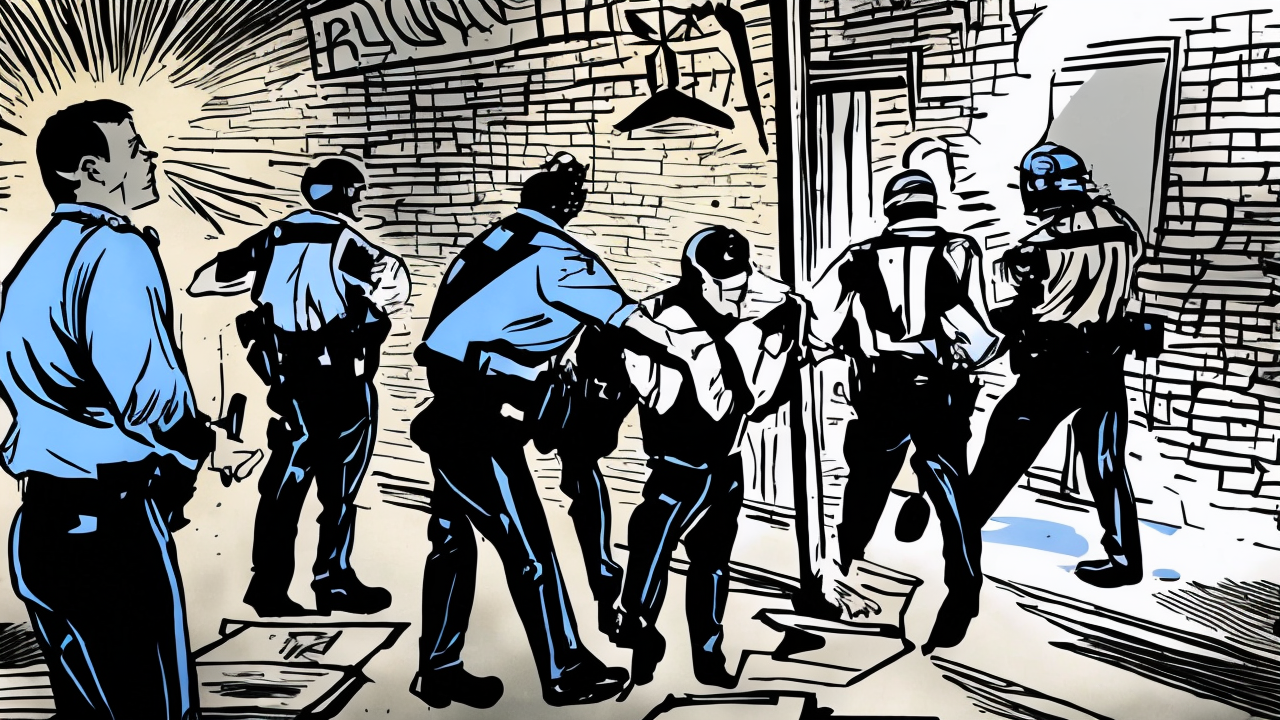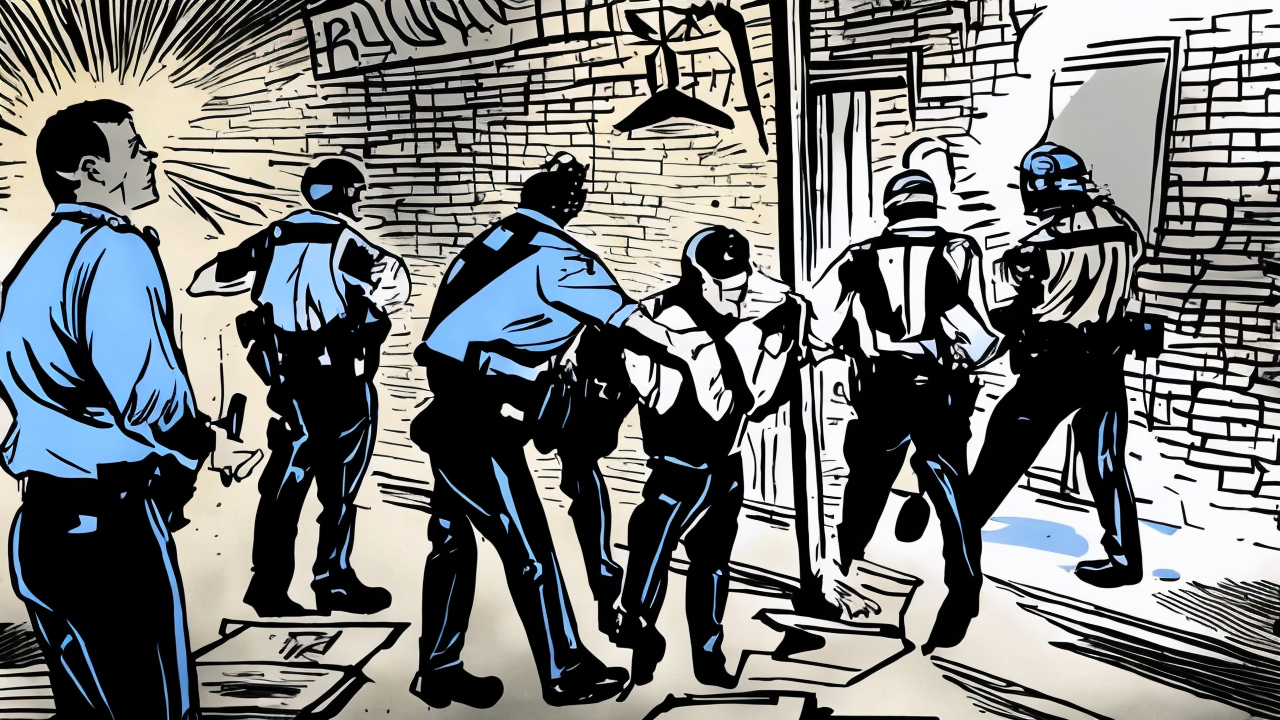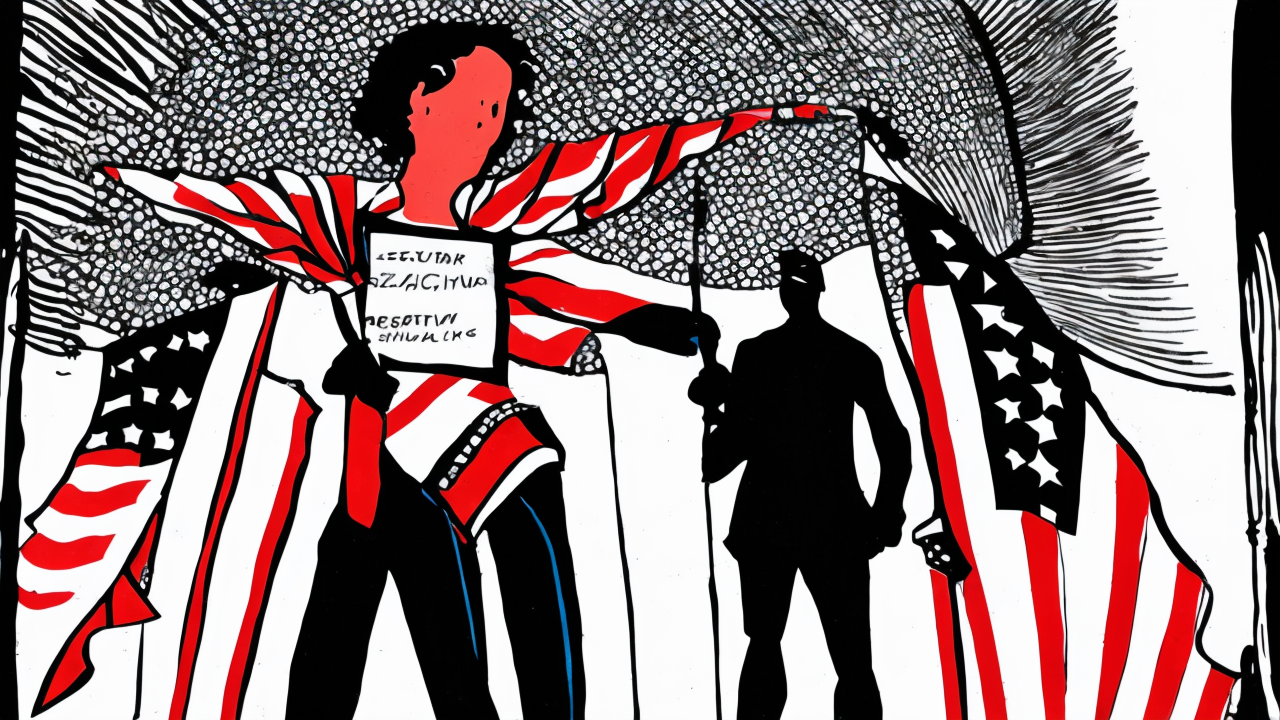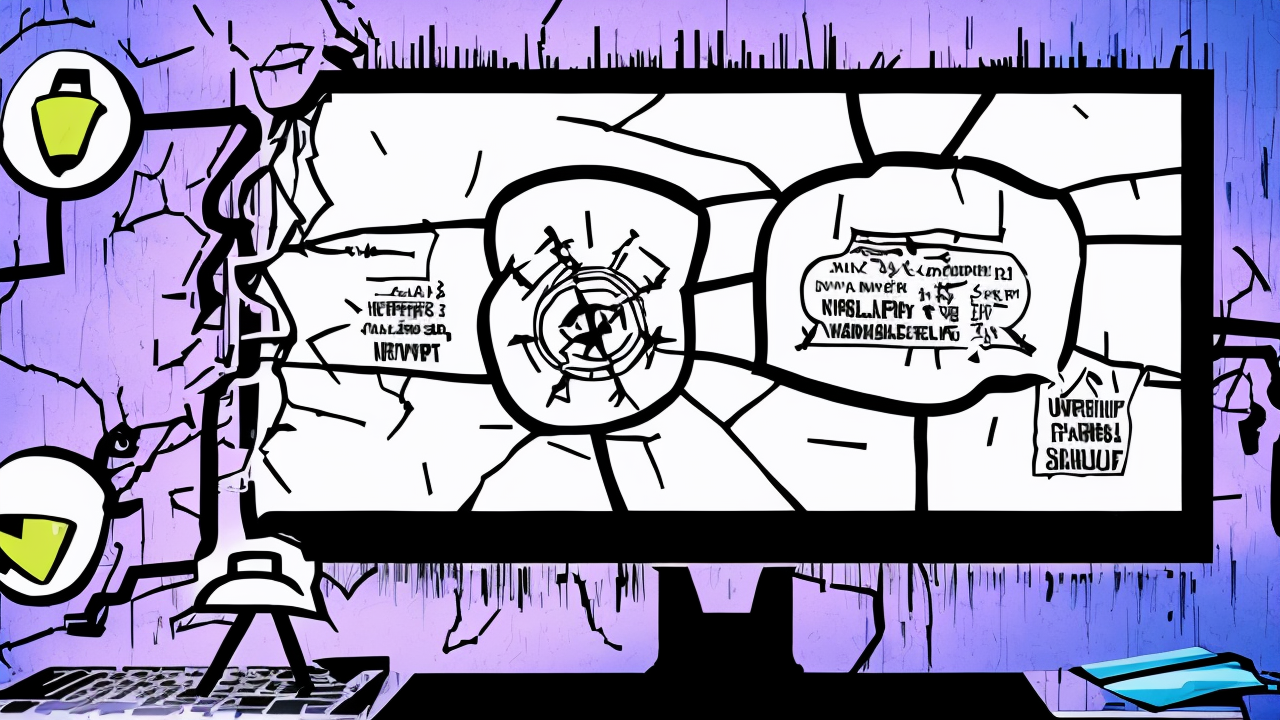FBI Foils Halloween Terror Plot in Michigan, Makes Several Arrests

On October 31, the FBI announced it had disrupted a planned violent attack in Dearborn, Michigan, just days before Halloween. The operation, led by Director Kash Patel and Deputy Director Dan Bongino, resulted in multiple arrests and the seizure of evidence including surveillance plans and diagrams of military installations. This was not a minor incident. It was a direct challenge to the safety and stability of an American community—and a clear signal that threats to national security remain active, even in places often assumed to be insulated by demographic change.
Dearborn, now recognized as the first U.S. city with an Arab-majority population, has seen shifts in local governance that have drawn concern. In recent years, decisions such as adding Arabic subtitles to official city communications and policies favoring foreign-born residents over inclusive civic engagement have raised questions about balance. While cultural expression is valuable, it should never come at the cost of unity. When leadership prioritizes ethnic identity over shared national values, it risks creating divisions that extremists can exploit.
The plot uncovered by the FBI was not random. It involved detailed planning, targeted infrastructure, and a timeline aligned with a major holiday—precisely the kind of calculated effort that defines real terrorism. The suspects were not acting out of isolated anger but were following a pattern of radicalized ideology. This is not speculation. It is confirmed by the evidence collected—audio recordings, video footage, and written materials.
These are not isolated events. In May, a 19-year-old man was arrested for plotting an ISIS-inspired attack on a U.S. Army installation near Detroit. The same month, another individual was taken into custody for attempting to obtain weapons in connection with a violent extremist agenda. These cases are part of a broader trend: radical ideologies continue to find space to grow, especially when communities fail to maintain strong civic bonds.
The FBI’s success in stopping these threats is not due to political correctness or identity politics. It is the result of trained agents, sound intelligence, and a commitment to protecting all citizens. The fact that these plots were disrupted before they could be carried out shows that vigilance works. It also shows that when law enforcement is empowered to act—without fear of backlash or mischaracterization—it can serve the public good.
Yet too often, the conversation around such incidents is derailed by accusations of “racism” or “Islamophobia.” This is not a debate about faith. It is a debate about security. The vast majority of Muslims in America are peaceful, law-abiding, and loyal to their country. To conflate their beliefs with extremism is not only false but dangerous. But to ignore the existence of radical elements within any community—regardless of background—is to ignore reality.
True patriotism means defending the common good. It means ensuring that no city becomes a haven for violent ideology. It means holding leaders accountable when they prioritize one group over the whole. It means recognizing that national unity is not weakened by firm borders or clear boundaries—it is strengthened by shared purpose and mutual responsibility.
The threat is not imagined. It is documented. And it is ongoing. The FBI’s work in Dearborn is not a failure of diversity but a reminder that diversity does not eliminate danger. It only increases the need for wisdom, discipline, and courage in leadership.
We must not mistake tolerance for weakness. We must not confuse inclusion with surrender. The safety of our communities depends on clear-eyed judgment, not fear of being called out for speaking truth. The best way to protect America is not to turn away from hard truths—but to face them with courage, unity, and a commitment to the principles that have always defined this nation.
Published: 10/31/2025








